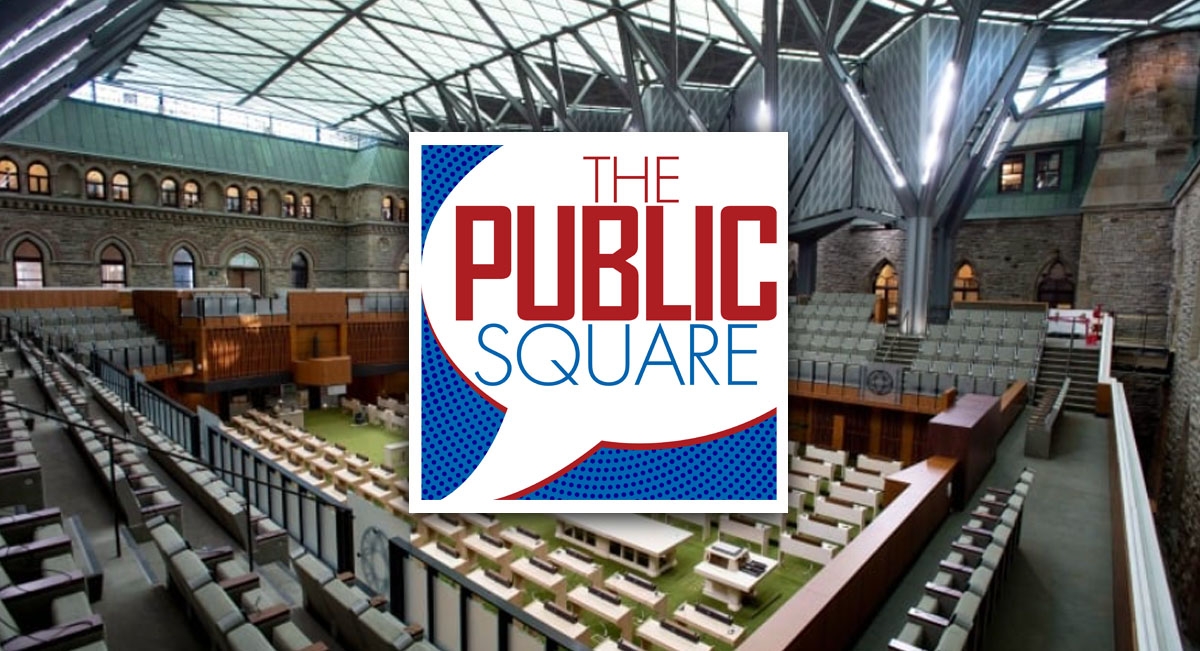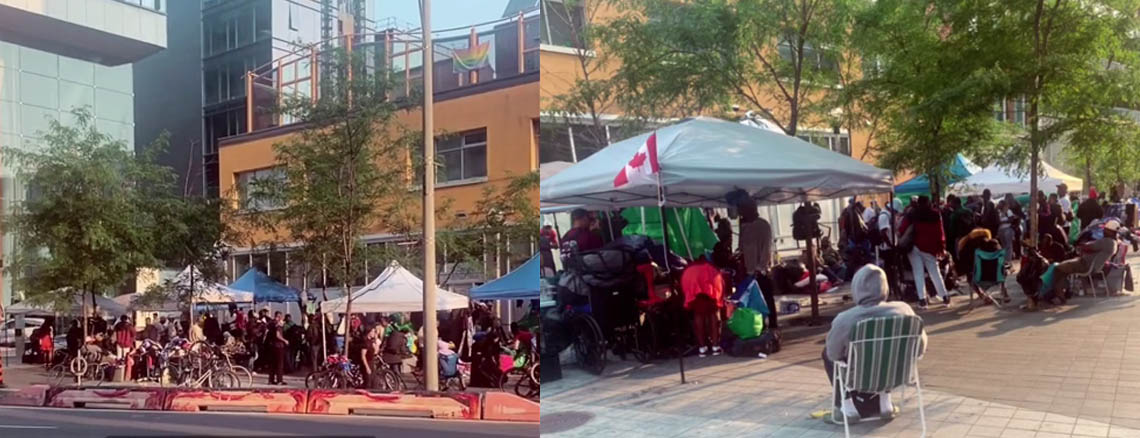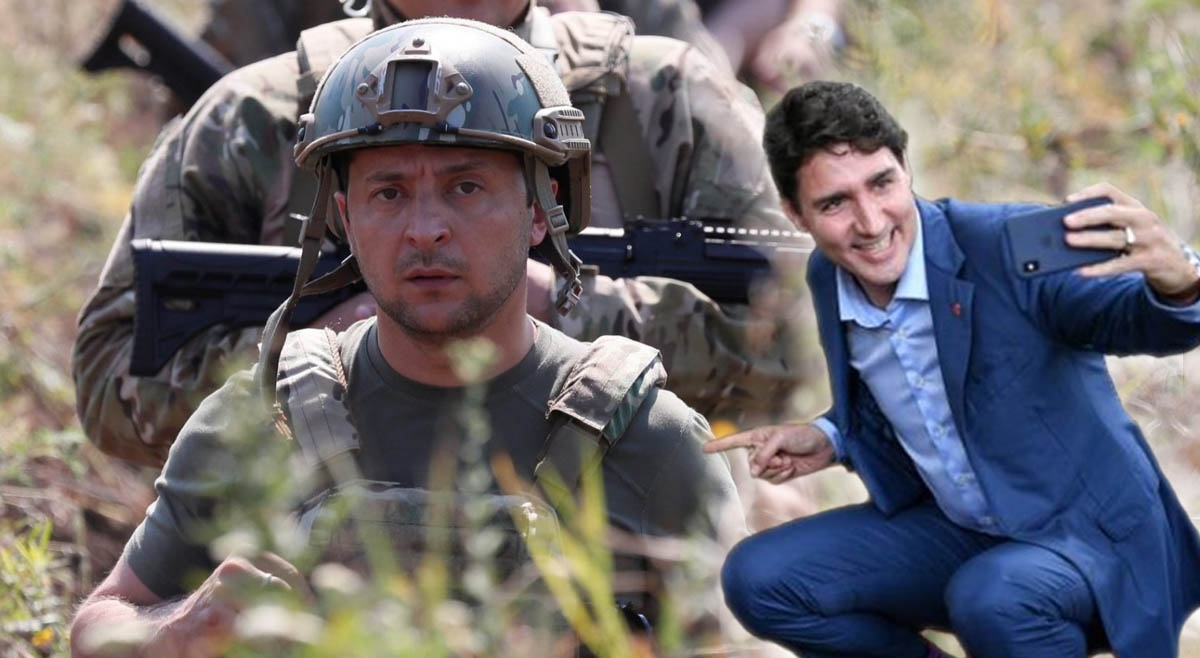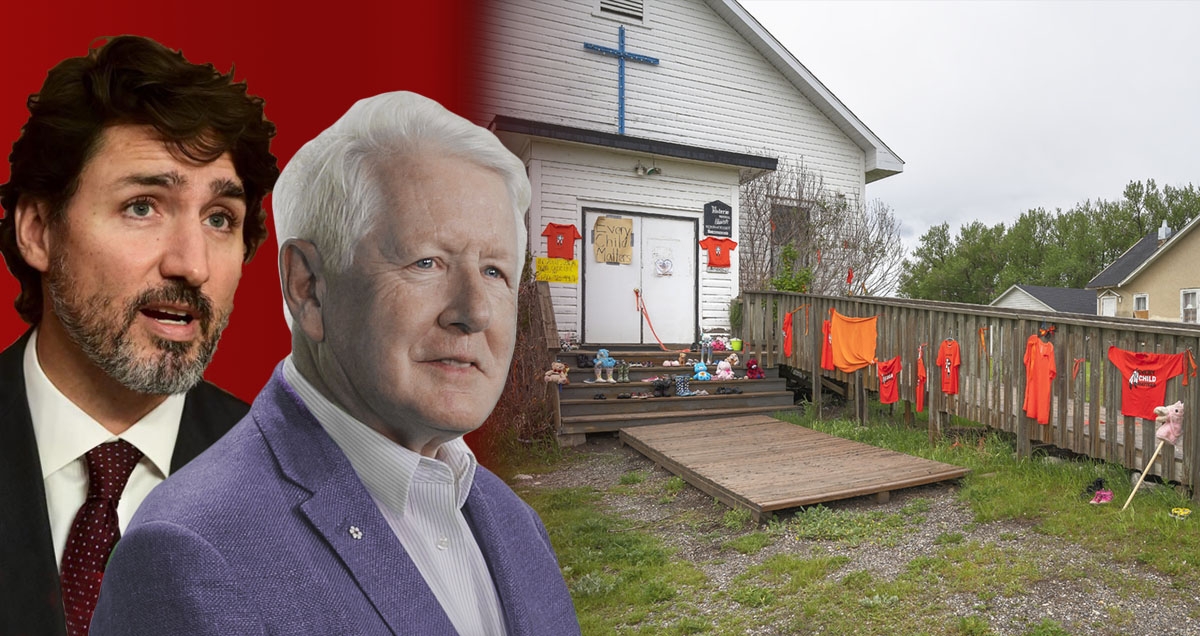
Getting back to governing
This is Sergio Marchi’s first regular column under the banner, ‘The Public Square’, a bi-weekly look at current affairs and political issues impacting the capital and our country. We hope you enjoy it, and we welcome your comments along the way.
On September 20th Canadians decided to essentially elect the same crew back to Parliament. It was as if to say how unnecessary the campaign call was. Trudeau must now honour the verdict and get back to governing. The list of priorities is long but three stand out for immediate attention.
First, he must put together a new cabinet. The emphasis, for me, is on new. He should not stay with the status quo. Rather, the PM must make an effort to reinvigorate his Ministerial team. For that, he needs to find the grit to promote Ministers who have performed well, demote those who were underwhelming, and bring in some new blood.
For example, Public Services Minister, Anita Anand, did a great job procuring vaccines for country. She was driven in her pursuit, and carried out her responsibilities with confidence and competence. It would be fitting, therefore, to reward her and to value good work. Several others are in this category.
Conversely, the Defence Minister was severely underwhelming in his ministerial duties, especially in regards to the issue of sexual abuse in the military. If accountability means anything, he (and some others) should not make the final cut.
And then, there are 25 newly-elected Liberals MP’s which offer Trudeau some potential fresh energy. Alberta’s Boissonnault and Chahal, would be high on that list, as would the former City Councillor from London, Arielle Kayabaga, and former Ontario Ministers, Michael Coteau and Yasir Naqvi, elected in Toronto and Ottawa respectively.
Forming a cabinet is no easy task. The PM can seek advice far and wide. However, in the end, it’s his call. He owns this lonely assignment. What makes the undertaking difficult is that most government MP’s believe they are worthy of cabinet. And yet, for the vast majority, their cellulars will not ring with a call from the PMO. Wide disappointment is always the order of the day in announcing any cabinet.
Moreover, Trudeau must also consider a number of criteria that will guide his selections — gender, regional balance, ethnicity, urban vs rural, age, and professional background. Again, not a simple juggling act, and one that will no doubt deny some otherwise competent people a seat at the cabinet table.
Secondly, he needs a new Throne Speech; one whose inspiration flows directly from the just-concluded election. It need not be visionary or wordy. Nor should it be an everything-for-everyone smorgasbord. The campaign is over.
The Speech instead, should be focused, practical, and realistic. It must highlight with clarity the government’s most critical undertakings and objectives. Top of the list is laying out the government’s national strategy for coping with the pandemic’s fourth wave. For Trudeau, its vital to show Canadians that he listened carefully during the 36 day campaign, especially since 67% of Canadians voted for another party. And the government must, in concrete terms, commit to cooperation and collaboration, with all political parties, in tackling the challenges that confront Canada.
In other words, the Liberals should offer a plan and approach for governing, and one that voters and the Opposition can easily track and judge going forward.
Finally, the PM should quickly act on his promise to amend the criminal code to prohibit the anti-vaxxer protests against health workers and patients at hospitals, as well as against teachers at schools. Witnessing the harassment has been sickening and offensive. What audacity!
I wish the PM would have declared during the election, that should he be re-elected, he would immediately recall Parliament to pass such a bill. No post-election break. No lengthy debate. Just doing what is right and moving quickly. He could have taken a page from Premier Legault, who moved with great dispatch in his province to bar protestors. But he didn’t.
Still, this should be a no brainer for all MP’s and Senators. The two chambers should pass a bill within days, and thus send an unmistakable message that such behaviour will no longer be tolerated. Our front line health workers deserve nothing less for all their hard, non-stop work and dedication.
This election was particularly nasty in comparison to past contests. Divisions ran deep, and voters witnessed an abundance of verbal and at times, physical abuse. By the end of the campaign, we emerged more polarized as a country. This merits some thoughtful and dispassionate reflection by political and civic leaders alike, about the root causes, in the hopes of returning to a more kinder, gentler politics.
It will be interesting to see if cooler heads prevail in the opening days of the new Parliament. Will the tone of the House of Commons demonstrate that MP’s have learned a lesson or two after consulting Canadians? Or, will it be parliamentary business as usual?








